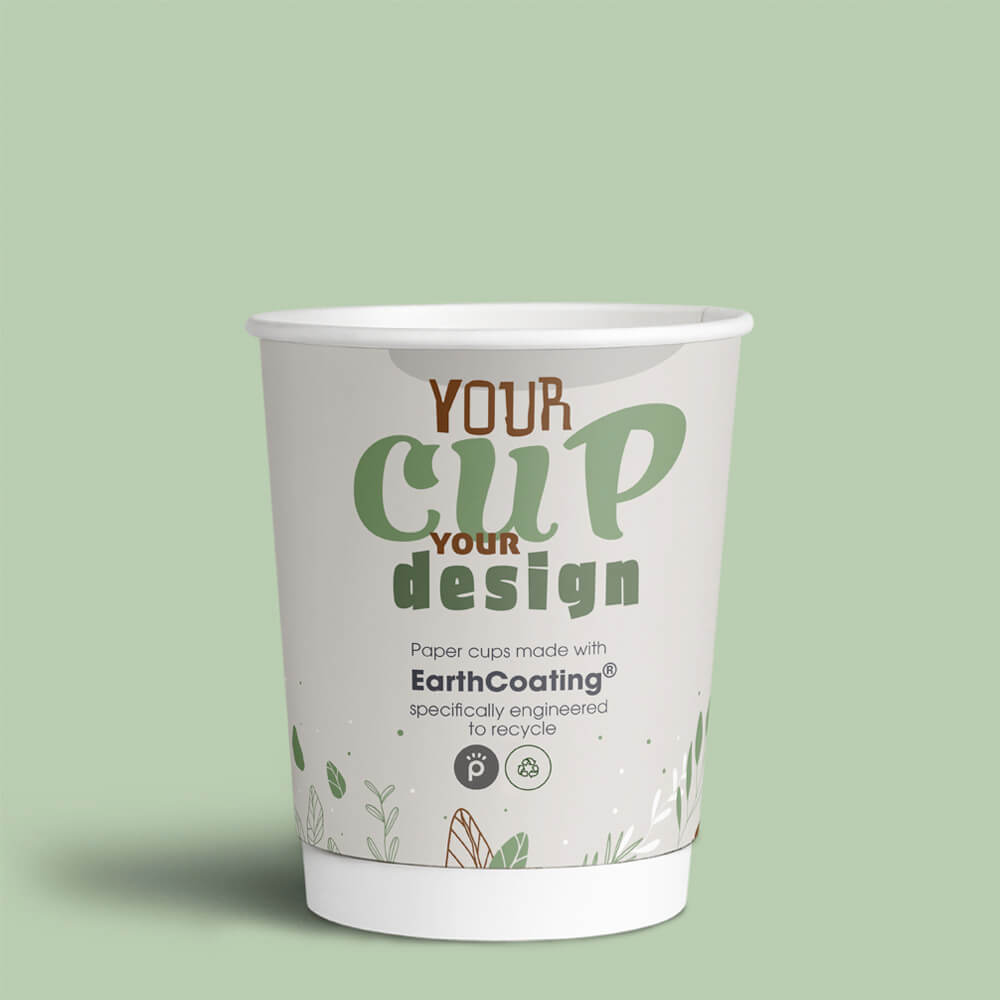The Art and Functionality of Folding Boxes
Folding boxes, also known as folding cartons, are a significant component in the packaging industry. These versatile containers are characterized by their ability to be shipped flat and folded into shape when needed. They blend functionality with aesthetics, making them an essential choice for manufacturers and retailers alike. This article explores the various aspects of folding boxes, their benefits, applications, and their impact on sustainable packaging solutions.
Understanding Folding Boxes
Folding boxes are made from paperboard or corrugated cardboard, which are lightweight yet durable materials. They come in various shapes and sizes, tailored to meet the diverse needs of different products. Their design typically includes folds, tabs, and locking mechanisms that allow for easy assembly, providing an efficient packaging solution that reduces shipping costs.
The manufacturing process of folding boxes involves creating a die-cut pattern from sheets of paperboard. The pattern is printed with high-quality graphics, filled with product information, and cut to specified dimensions before being folded. Because of this process, folding boxes can be produced in bulk, which can lead to cost efficiencies, especially for large-scale production runs.
Benefits of Folding Boxes
One of the primary advantages of folding boxes is their versatility
. They can accommodate a wide range of products, from food items to electronics and cosmetics. This adaptability ensures that brands can create customized packaging solutions that reflect their identity and make a lasting impression on consumers.Another important feature is the ease of storage and transportation. Unlike rigid boxes, folding cartons can be collapsed flat when not in use, allowing for efficient storage that saves space in warehouses and shipping facilities. Additionally, their lightweight nature contributes to lower transportation costs, making them an economically viable option.
The printing capabilities of folding boxes are also noteworthy. Advanced printing techniques allow for vibrant colors, intricate designs, and various finishes that enhance the overall appeal of the packaging. This can be particularly beneficial for brands looking to differentiate themselves in a crowded marketplace, as unique and eye-catching packaging can attract consumers and influence purchasing decisions.
folding boxes

Environmental Considerations
In recent years, the importance of sustainability in packaging has gained tremendous momentum. Folding boxes present an eco-friendly alternative to plastic packaging. Made primarily from renewable resources, such as wood pulp, paperboard can be recycled and repurposed after use, significantly reducing environmental impact.
Many folding box manufacturers are committing to sustainable practices by sourcing materials from responsibly managed forests and utilizing water-based inks and coatings that minimize harm to the environment. Brands that prioritize sustainable packaging solutions are not only contributing to environmental protection but also appealing to the growing demographic of eco-conscious consumers.
Applications Across Industries
Folding boxes find applications across diverse industries. In the food sector, they serve as packaging for takeaway meals, snacks, and desserts, offering convenience while maintaining product freshness. In the cosmetics industry, folding boxes are often used to package makeup and skincare products, combining protection with visual appeal to create an engaging unboxing experience.
Additionally, in the electronics sector, folding cartons are designed to safeguard delicate items like smartphones, tablets, and other gadgets during transportation. They can be customized with inserts or dividers to provide added protection for these valuable products.
Conclusion
In conclusion, folding boxes are more than just packaging materials; they play a significant role in branding, marketing, and sustainability. Their versatility, cost-effectiveness, and aesthetic potential make them an ideal choice for various applications across multiple industries. As consumer preferences continue to evolve, and the demand for sustainable packaging surges, folding boxes will undoubtedly remain a favored solution, ensuring that products are not only safely delivered but also presented in an appealing manner that resonates with consumers. As both manufacturers and consumers continue to embrace innovative packaging practices, the future of folding boxes looks promising, paving the way for continued growth and sustainability in the packaging sector.



